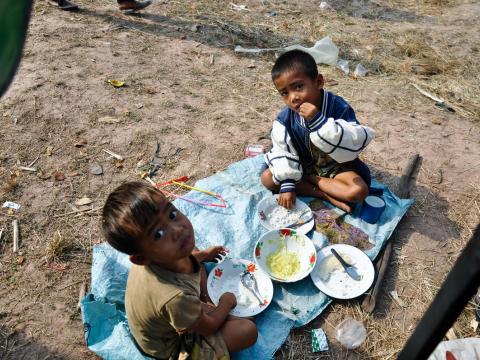Displaced children are safe and assisted to flourish
Protection and recognised rights for children on the move
Driven by factors such as poverty, economic disparities, environmental crises, and political instability, migration trends in Southeast and East Asia present a complex landscape fraught with challenges, particularly for vulnerable groups like children and youth. With approximately 18 million migrants within Southeast and East Asia, the impact of migration on communities is profound. In 2020 alone, an estimated 1.27 million children were on the move in the region. Against this backdrop, World Vision East Asia recognises the urgent need to intervene and address the multifaceted challenges posed by migration.
With migration trends showing no signs of abating, the time to act is now.
Through strategic programming and partnerships, World Vision aims to protect the rights and well-being of migrants, especially children, throughout the migration process. By minimising risks, promoting safe migration pathways, and providing access to essential services, World Vision seeks to ensure that migrants can move safely and with dignity. Additionally, initiatives such as child and youth participation and community engagement empower migrants to become active agents in shaping their own futures.
SDGs supported:

Our solution
Across East Asia, World Vision provides essential aid, helps vulnerable communities protect their children from violence, supports children who are suffering harm and emotional distress and provides safe places where children can get help. Instead of viewing children primarily as victims of migration, we engage them as active participants in rights-centred safe migration programmes.
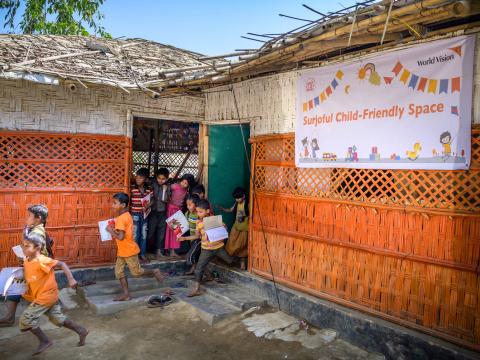
Child-Friendly Space
Child-friendly spaces are safe and nurturing environments in which children can access free and structured play and learning activities. They may provide educational and psychosocial support and other activities that restore a sense of normality and continuity for children whose lives have been disrupted by war, natural disasters or other emergency situations. They are generally operated in a participatory manner, often using existing physical spaces and seeking to connect to local community resources and activities.
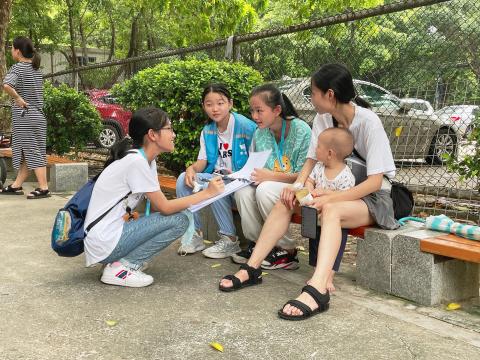
Smart Navigator Toolkit
This intervention is designed to enable the most vulnerable young people to develop key life skills, including critical thinking, decision making, effective communication and negotiation, self-management and life-goal planning. It contributes to shaping young people’s lives in a way that they can protect themselves and their communities from unsafe situations before, during or after migration.
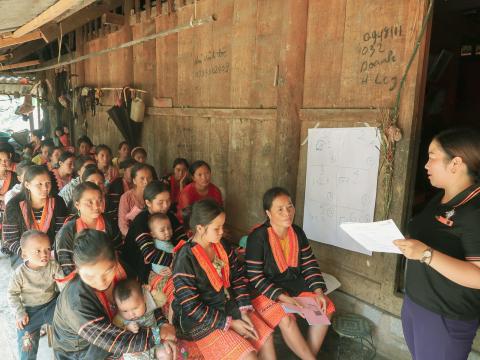
End Trafficking in Persons
The Greater Mekong Sub-region (GMS) is made up of six countries connected by the Mekong River. Migration for work between these countries is common and on the increase. The 'End Trafficking in Persons' programme brings together cross-border initiatives to provide a more strategic and cohesive approach to tackling the issue of unsafe migration and trafficking in the region. It contributes to the mitigation of the human trafficking problem by protecting more people from the threat of trafficking, ensuring that survivors are provided with appropriate protection services leading to integration back into society, and advocating for government policies to provide greater protection to the victims and the vulnerable.
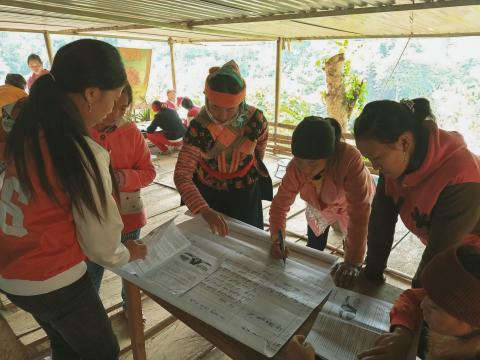
Peace Road
Peace Road is a life skills intervention aimed at helping adolescents protect themselves and their peers, treat others with respect, be active citizens and collectively act to improve their communities. Peace Road is grounded in positive youth development and asset building, helping young people to thrive, promote peace and contribute to their communities. In particular, Peace Road builds the capacity of local partners and volunteers to work with children in an informal setting, supported by parents and other adults in the community.
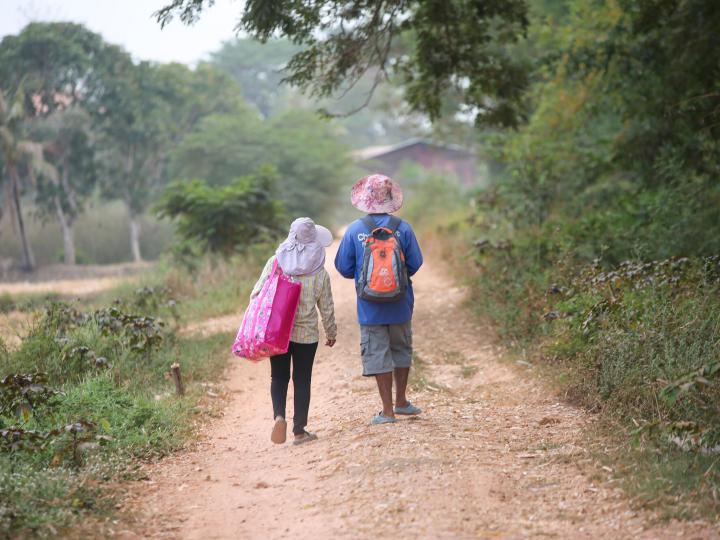
Climate Change, Vulnerability and Migration: Impacts on Children and Youth in Southeast Asia
New research reveals children of migrants bear the brunt of climate change-related migration in Southeast Asia.

